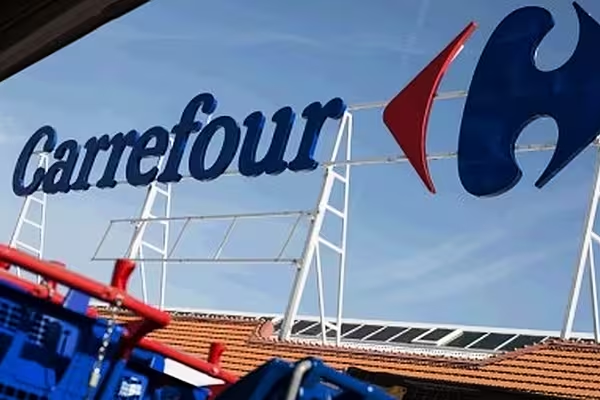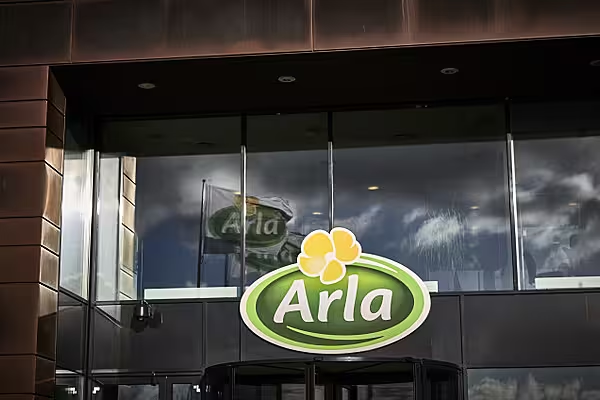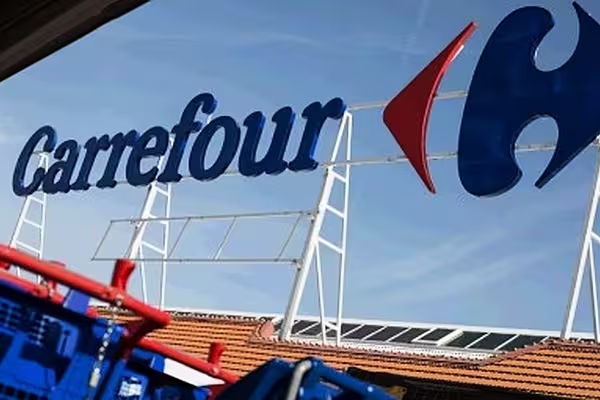German retailer Edeka has permanently reduced the prices of more than 1,300 items across all product groups so far this year, a new study conducted by the company showed.
The company observed that the prices of branded goods have been so high in recent months that consumers can no longer afford branded goods, leading to an ever-increasing demand for private labels.
Consulting firm CRA (Charles River Associates) analysed data on the development of purchase and sales price from two Edeka regional companies and Netto Marken-Discount.
The study unveiled the purchase and sales price at Edeka Südbayern, Edeka Nordbayern-Sachsen-Thüringen and Netto Marken-Discount increased on average by almost the same percentage between the first quarter of 2020 and the first quarter of 2023.
High Inflation
For Netto Marken-Discount, the evaluation was based on all items in the range. At Edeka Nordbayern-Sachsen-Thüringen and EDEKA Südbayern, the evaluation was carried out on the basis of a broad sample of private-label and branded articles from 16 product groups.
The random sample included the 30 best-selling branded and own-brand items per product group, as well as 30 branded products from each product group that were sold on average frequently.
The data also showed that Edeka has not benefited from high inflation, or driven it up. On the contrary, wherever possible, the group ensured that benefits in purchasing were passed on to consumers.
Raw Material Prices
“Especially now, in times of high inflation, it is our aim to relieve private households. We call on the branded goods industry to reduce their prices in the short term, given the falling raw material prices,” said Markus Mosa, CEO of Edeka Zentrale Stiftung & Co. KG.
“We are currently noticing that raw material prices are falling in various product ranges. These falling raw material prices must now reach consumers in Germany, even if some industrial groups are still explicitly rejecting this. You can't demand price increases for two years with reference to raw material prices and then forget about them when prices fall," Mosa added.











